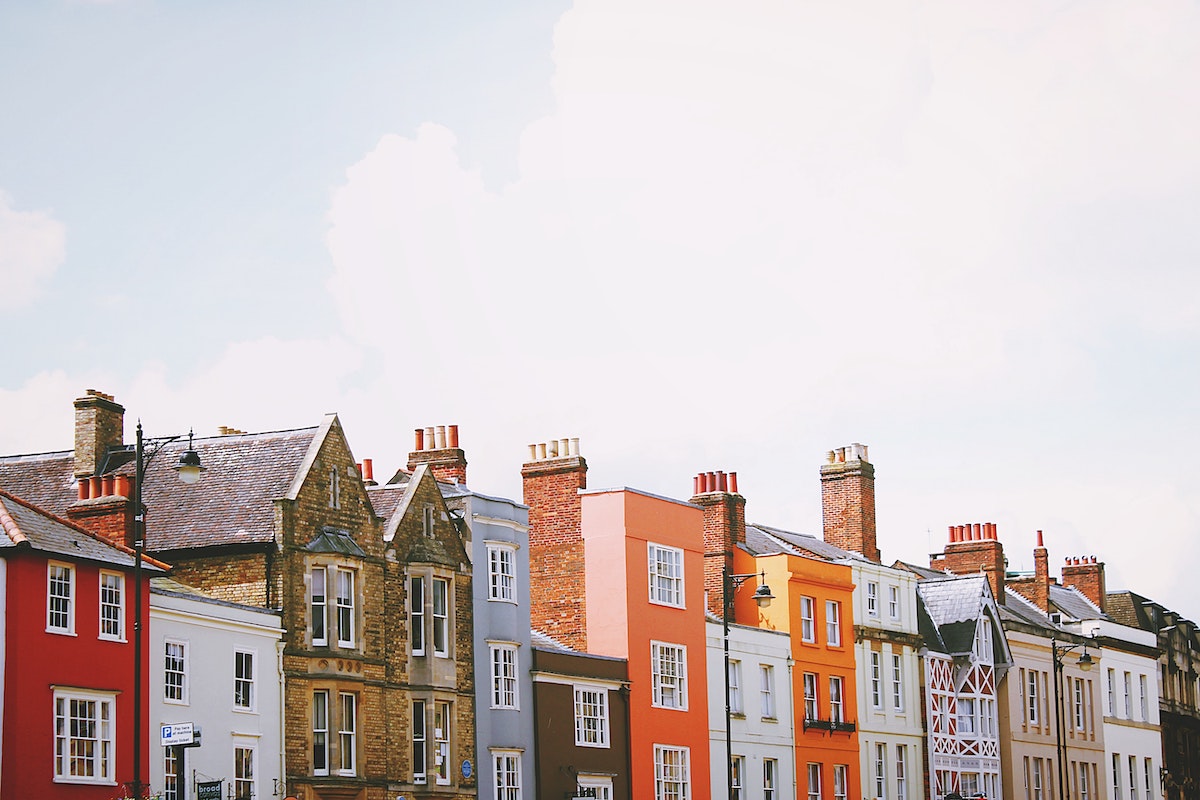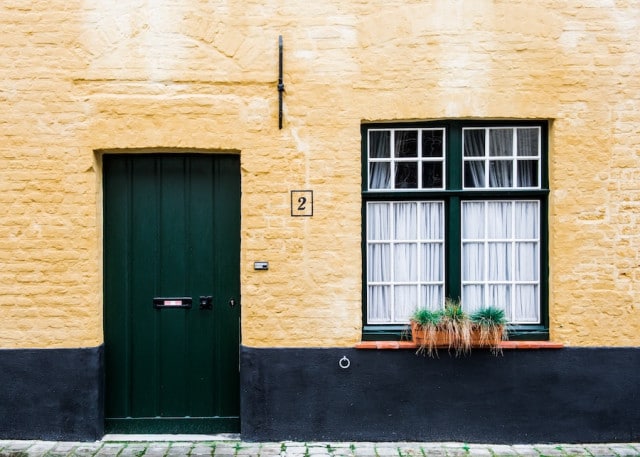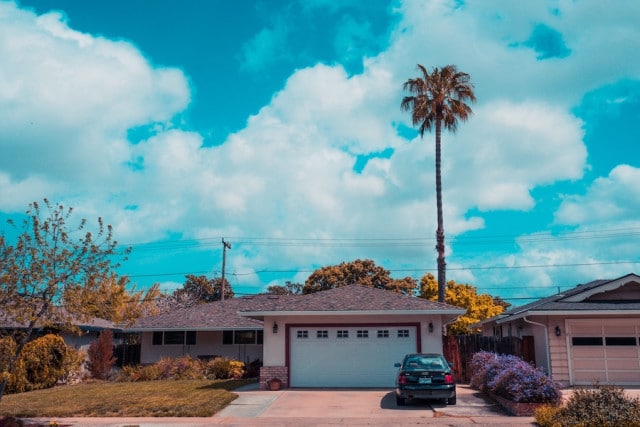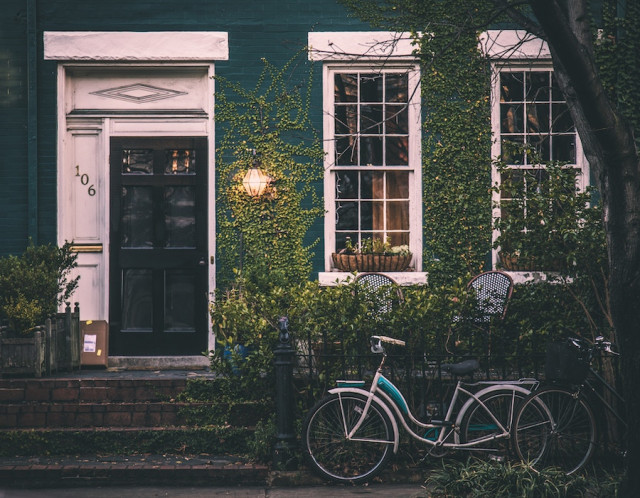
How to Fund Your Travel by Putting Your Home on Airbnb
By: Sarah Stone
Skip to Section
Article Summary
Your empty home could fund your next adventure through Airbnb, but first you need to master the basics of vacation rental hosting while you travel.
Turning your place into an Airbnb while you travel sounds like easy money until you realize there’s actual strategy involved. This guide walks you through pricing expectations based on location, legal requirements that could sink your rental plans, and why hiring a property manager beats dealing with midnight maintenance calls from Bali. You’ll learn security essentials, cleanliness standards that get five-star reviews, and the tax implications everyone forgets about until April.
- Location determines pricing: beach towns and city centers command premium rates, while suburban homes need competitive pricing.
- Legal considerations include local zoning laws, landlord permissions, and US tax reporting after 14 rental days.
- Security requires keypad locks with changing codes between guests and exterior cameras for monitoring.
- Property managers or trusted contacts handle emergencies and guest issues during your absence.
- Guest amenities like fresh towels, toiletries, wifi passwords, and local guides drive positive reviews and repeat bookings.
Traveling to exotic destinations that you have only ever dreamed of may seem impossible or overwhelming if you’re living on a tight budget. The great news is that generating a side income doesn’t have to be as tedious and stressful as you might think, especially if you have your own home or apartment! As we get more connected and have more power over our income, there are tons of creative ways to fund our travels—including subletting or putting our homes up on Airbnb, Vrbo, and other vacation rental sites. Let’s have a look at how to get started—in this case, we’ll focus on putting your home on Airbnb.

Via Unsplash
How Much Can You Earn Putting Your Home on Airbnb?
How much you earn putting your home on Airbnb will vary quite a lot depending on your house or apartment’s location, as well as the amount of space you rent out and amenities that are provided. There also are taxes and fees associated with renting your home out—for example, in the US, you may only rent it out for 14 days before needing to pay taxes on rental income. There also are service fees to consider for both Airbnb and Vrbo, and you’re strongly recommended to look into additional insurance.
When budgeting, consider the following as well:
- Apartment vs. house: Houses typically earn more on Airbnb, especially when listing your entire home for rent while you are traveling. However, if you have an apartment in a major city or metropolitan area, you may earn more by renting out the space compared to a traditional home in a smaller town.
- Urban, suburban, or rural area: The larger the city, the closer guests are to shopping, dining, transportation, points of interest—Airbnb will give you an estimate of standard pricing wherever you list your space, but know that you can expect to charge higher prices and see more interest in your space if you’re in a more densely-populated area.
- Tourist area vs. off-the-beaten-path: Even if you’re not in a city, your area may still be popular for tourists, particularly during certain seasons or special events. If you’re in a beach town, you’ll likely see more interest than if you were more inland. If there’s a major event happening close to you—for example a marathon or a festival—you can change your pricing based on demand for available spaces.
Before doing anything else, look up all of the fees and costs associated with putting your home on Airbnb. Be extremely conservative with estimating how much you might earn as well!
Research the Approval Process
If you feel good about your budget so far, have a look into the approval process for listing your home on Airbnb. When you sign up to become a host, there are some basic questions you’ll go through, including home type (apartment, house, etc.), whether you want to rent out the whole space or just part of it, where you’re located, and more. You will be asked to verify your identity and check whether it’s even legal to list your space on Airbnb or other vacation rental services in your city—there may be laws against it, and could land you in hot water.
Know Your Subletting and Zoning Laws
Be sure to verify that you are legally allowed to sublet or rent your home or apartment before registering on Airbnb. Not all locations allow homeowners to list their spaces on sites like this, and not all landlords and property managers allow tenants to sublet their spaces. Check with your city zoning and subletting laws, and check your rental agreement and with your landlord (yes, some will allow listing on vacation rental sites!) to ensure you’re complying with all laws and rules.
Invest in Security
Consider how you will manage the security around your home while you are traveling—the last thing you want is to hear someone was put in danger, your property was damaged, or someone broke into your home while you were traveling and unable to respond quickly. Many Airbnb hosts install pinpads on their home entrances, and change the code after each guest completes their stay, ensuring that former guests can’t break in later or share the code with someone who might. You also may want to invest in smartphone-enabled security cameras outside of the home so that you can track who comes and goes.

Via Unsplash
Hire a Trusted Manager or House Sitter While You’re Traveling
It’s always a good idea to have a friend or family member, or a trusted third party, to watch and manage your home while you’re traveling or otherwise unavailable. Give your manager the go-ahead to check on guests as needed during their stay, and conversely let your guests know who the manager is, and how to contact them if they have questions or need assistance.
Make Cleanliness a Top Priority
When preparing your home to list on Airbnb, be sure to make cleanliness a top priority—and keep it that way! Before posting your first photos of the space on Airbnb, make sure to thoroughly clean all rooms and cabinets, even those that are rarely used. Clear out all items you don’t want guests to use or take with them (such as alcohol), or that you would miss terribly if they were ruined or broken. As you accept guests, ensure that your space is spotless—vacation rental sites allow guests to leave reviews, and cleanliness is a major selling point. Consider budgeting for a maid service to scrub down your home or apartment on regular intervals, and especially after long-term renters stay in your space.
Provide Basic Amenities
Providing basic amenities for your guests is a must as an Airbnb host, especially if you are aiming for high reviews. Be sure to provide the following for each of the guests you intend to host:
- Towels and washcloths
- Shampoo, conditioner, and body wash
- Fresh sheets and blankets, plus extras
- Maps and information about your local area
- Wifi password
- Water, ice, and snacks
Basic amenities go a long way toward getting high reviews, and keeping your listing popular among travelers.
Set Aside Your Earnings
If you’ve decided that putting your home on Airbnb is the way to go, it’s time to set aside your earnings! Whether you want to travel long-term and have a property manager keep watch over your place, or whether you want to only rent it out occasionally to boost your budget for a short vacation, sites like Airbnb and Vrbo can be an excellent resource.
If you’re very organized, responsive, and have a good network near your home, renting your space to other travelers can be a fantastic way to earn extra income.
About the Author
 As the editor-in-chief of Frayed Passport, my goal is to help you build a lifestyle that lets you travel the world whenever you want and however long you want, and not worry about where your next paycheck will come from. I've been to 20+ countries and five continents, lived for years as a full-time digital nomad, and have worked completely remotely since 2015. If you would like to share your story with our community, or partner with Frayed Passport, get in touch with me using the form on our About page.
As the editor-in-chief of Frayed Passport, my goal is to help you build a lifestyle that lets you travel the world whenever you want and however long you want, and not worry about where your next paycheck will come from. I've been to 20+ countries and five continents, lived for years as a full-time digital nomad, and have worked completely remotely since 2015. If you would like to share your story with our community, or partner with Frayed Passport, get in touch with me using the form on our About page.Featured image via Unsplash.
Information published on this website and across our networks can change over time. Stories and recommendations reflect the subjective opinions of our writers. You should consult multiple sources to ensure you have the most current, safe, and correct details for your own research and plans.
Frayed Passport is a participant in the Amazon Associates Program, an affiliate advertising program designed to provide a means for sites to earn advertising fees by advertising and linking to Amazon.com. We also may share links to other affiliates and sponsors in articles across our website.





